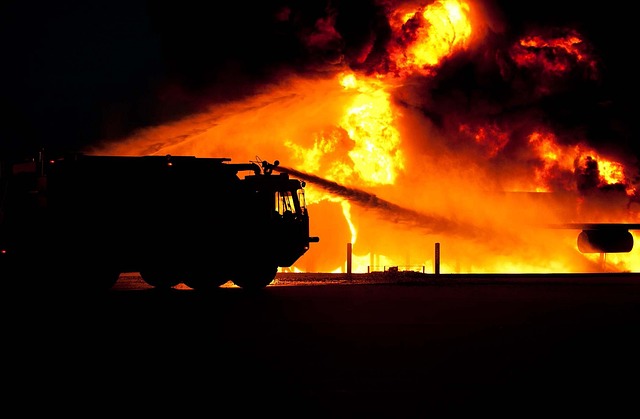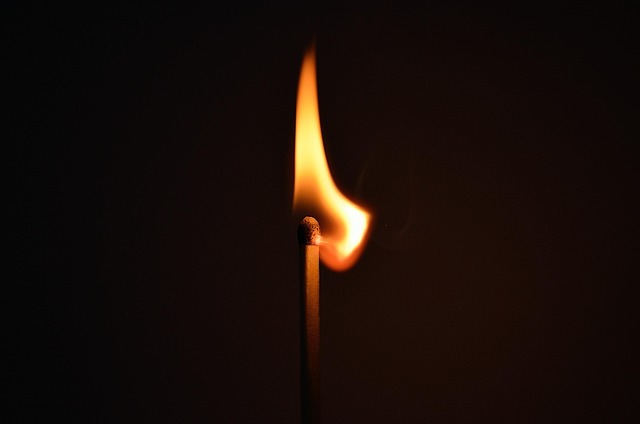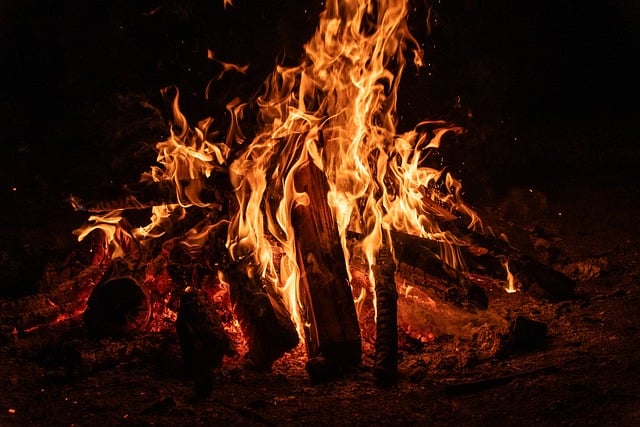California's fire-damaged properties present a unique opportunity for specialized investors and home restorers. With potential lower prices compared to the state's thriving housing market, buyers range from property experts to real estate investors and future homeowners. The market offers a distinctive investment chance or the chance to rebuild and live in a restored property, supported by state regulations promoting sustainable practices and safety during rehabilitation. Navigating the buying process involves thorough inspections, insurance claims, permits, and oversight from agencies like the California Department of Consumer Affairs to ensure fairness and security.
“California’s housing market, particularly regarding fire-damaged properties, is a complex landscape with specific regulations. This article guides you through the intricacies of purchasing and selling fire-affected homes in the Golden State. We explore who can buy these properties, the legal framework surrounding sales, and the step-by-step process involved. Understanding these factors is crucial for both prospective buyers seeking opportunities in California’s housing market and sellers looking to navigate the post-fire real estate landscape.”
- Understanding California's Housing Market for Fire-Damaged Properties
- Who Can Purchase Fire-Damaged Homes in California?
- Legal Considerations and Regulations Governing these Sales
- The Process of Buying and Selling Fire-Damaged Real Estate in CA
Understanding California's Housing Market for Fire-Damaged Properties

California’s housing market has a unique dynamic when it comes to fire-damaged properties. These homes, often left in a state of disrepair after devastating wildfires, might seem like a challenge for buyers. However, there is a growing segment of the population who specialize in acquiring and restoring these properties. Investors and home restorers see potential not just in rebuilding but also in the opportunity to acquire land at sometimes lower prices compared to the thriving California housing market.
Who buys fire-damaged homes in California? These are often individuals or companies with expertise in property restoration, real estate investors looking for a unique investment opportunity, or even those who plan to rebuild and live in the home themselves. The market for these properties is driven by both local demand and outside interest, as California’s natural beauty and desirable locations continue to attract buyers seeking to make a profit through renovation or rebuilding efforts.
Who Can Purchase Fire-Damaged Homes in California?

In California, anyone interested in purchasing a fire-damaged home can explore this option, provided they meet certain criteria. Typically, these properties are attractive to real estate investors and developers who see potential for renovation and resale. Individuals or businesses with experience in rehab projects often step in to acquire these homes, as they offer an opportunity to turn a profit while contributing to the local housing market.
The state’s regulations allow for the rehabilitation and reuse of fire-damaged structures, encouraging sustainable practices. Buyers must adhere to building codes and safety standards during the renovation process. This ensures that the homes are safe to inhabit after repairs and modifications.
Legal Considerations and Regulations Governing these Sales

When it comes to purchasing fire-damaged homes in California, understanding the legal considerations and regulations is paramount for both buyers and sellers. The state has stringent rules and guidelines that govern real estate transactions, especially when dealing with properties that have sustained structural damage or been affected by disasters like wildfires.
These regulations are in place to protect consumers, ensure fair practices, and maintain safety standards. Buyers who are interested in acquiring fire-damaged homes must comply with specific procedures, including thorough inspections to assess the extent of the damage. They may also need to navigate through insurance claims processes and obtain necessary permits for renovations. The California Department of Consumer Affairs and local government agencies play a crucial role in overseeing these transactions to guarantee that all legal aspects are addressed, providing a transparent and secure environment for who buys fire damaged homes California.
The Process of Buying and Selling Fire-Damaged Real Estate in CA

In California, buying and selling fire-damaged real estate involves a unique process that requires careful navigation. When a property is affected by a fire, it can be challenging for both buyers and sellers to understand their rights and options. The first step for prospective buyers who are interested in purchasing fire-damaged homes in California is to thoroughly inspect the property to assess the extent of damage. This is where specialized professionals come into play—they can provide insights into the potential costs of repairs, helping buyers make informed decisions.
The state’s housing regulations offer some protections for both parties. Sellers are required to disclose any known material defects, including fire damage, while buyers have the right to negotiate the sale price based on the necessary repairs. As who buys fire damaged homes California, investors and first-time homebuyers alike can tap into various financing options tailored for such situations, making it possible to rehabilitate and resell these properties, contributing to a dynamic real estate market.
California’s housing regulations regarding fire-damaged properties offer a unique opportunity for investors and buyers. Understanding the legal framework and the specific considerations for purchasing these homes is essential. With the right knowledge, those interested can navigate this market effectively, supporting the rebuilding process in affected areas while potentially securing lucrative real estate deals. So, if you’re wondering ‘who buys fire-damaged homes in California’, this guide provides valuable insights to help identify and capitalize on such opportunities.






